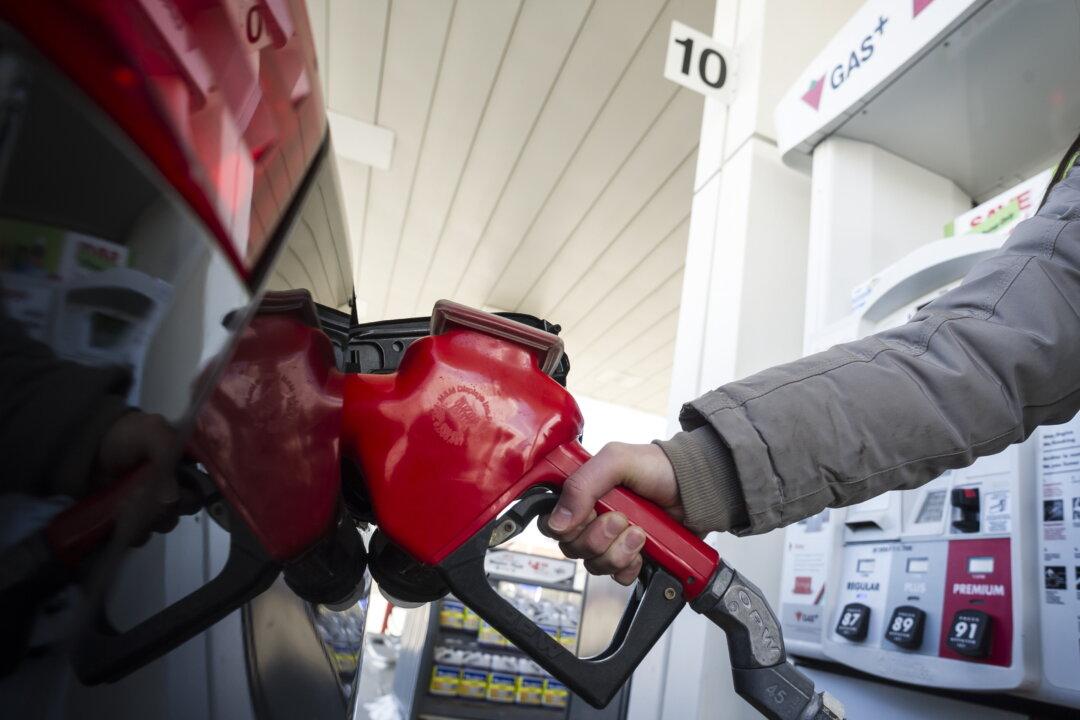The Canada Revenue Agency has spent more than $116 million on paperwork related to the carbon tax since 2019, after the Greenhouse Gas Pollution Pricing Act received royal assent in 2018 and came into effect a year later.
Revenue Minister Diane Lebouthillier told the House of Commons in a recently-tabled Inquiry of Ministry that $116.53 million has been spent since 2019, and 333 staff are now assigned to collect fuel charge and process rebates, after the numbers were requested by Conservative MP Chris Warkentin, according to Blacklock’s Reporter.





